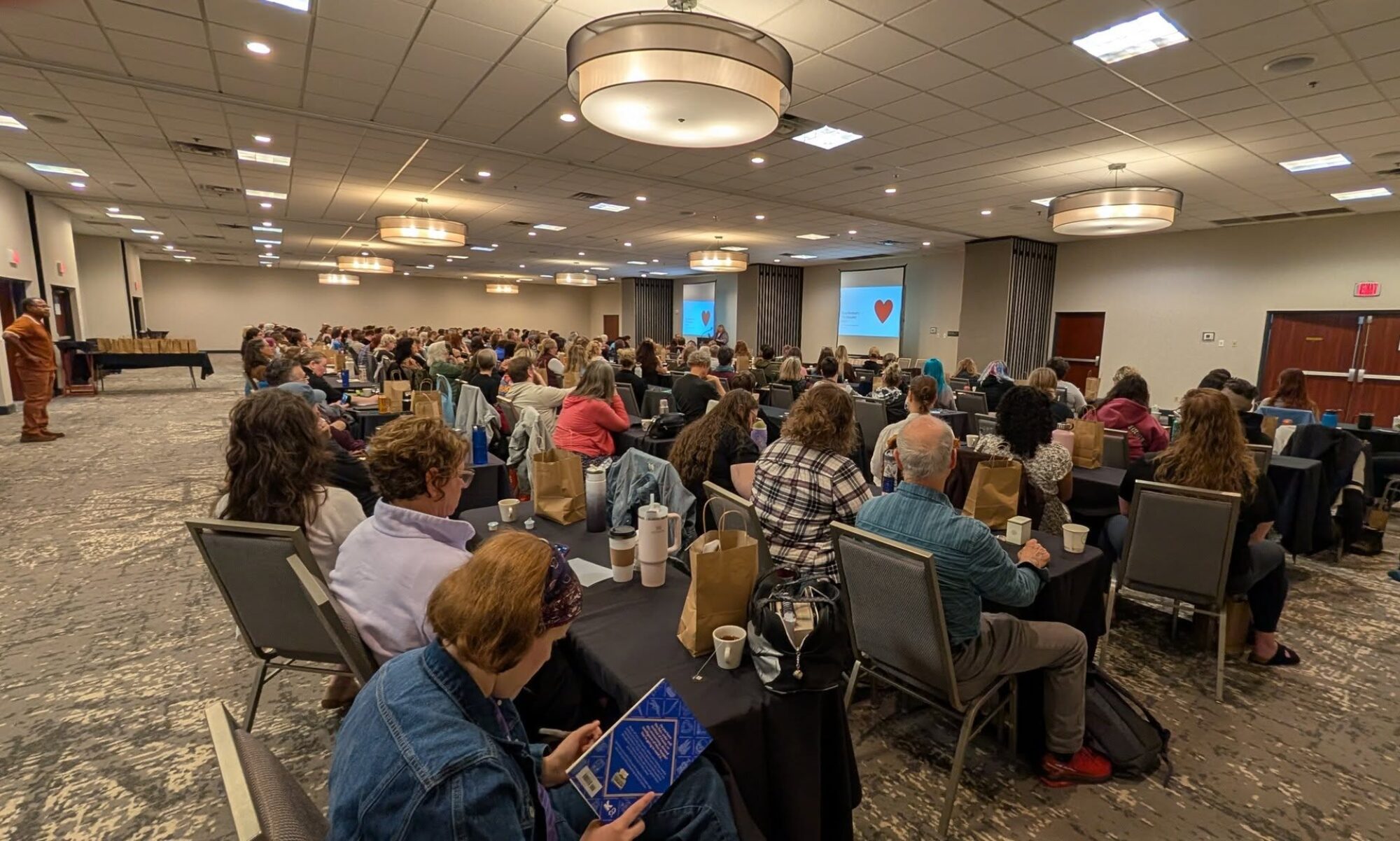
Please ask Governor Newsom to VETO AB1504 – which is granting CAMTC another 4 years. The bill is sitting on the governor’s desk and there is advocacy for him to veto this bill.
CAMTC is currently the only model in CA where a private, voluntary organization controls certification for a healthcare profession — without public oversight or due process. Individuals have faced unfair treatment, delays, or denials in certification from CAMTC.
- Email the Governor today:
Go to https://www.gov.ca.gov/contact/ - Email to chief of staff of Governor Newsom: nathan.barankin@gov.ca.gov
- Subject Line: VETO AB1504
- Choose Con (against)
- Message (Write in your own words):
- Share your experience with CAMTC if you’ve had one.
- Express your concern that CAMTC is a private voluntary organization but turned into mandatory, as most major counties require CAMTC certification to practice.
- Mention that AB1504 is unjust and should be vetoed to protect future massage professionals.
- You can also copy or adapt this message from our organization:
Dear Governor,
I urge you to veto AB1504 — a bill that undermines the rights of working individuals, especially minorities and immigrants, and sets a dangerous legal precedent.
AB1504 is an unconstitutional model granting a private, voluntary organization (CAMTC) the sole authority to oversee the certification of massage therapists in California. It is not a licensing board. No other state in the nation allows a private entity to wield such unchecked power over a healthcare profession — without public accountability, due process, or oversight. This organization has violated due process by denying individuals fair access to certification and discriminated against ESL applicants, leading to an ongoing civil rights lawsuit by AJSOCAL. CAMTC has prevented qualified individuals from pursuing a career in massage therapy, turning a voluntary credential into a de facto mandatory license — without legislative oversight or constitutional authority. CAMTC is facing contempt of court trial for defying your state court’s orders. They may be subject to criminal and civil penalties, yet they continue to operate without being held accountable for harming individuals and business owners.
Major industry stakeholders and organizations have called for the sunsetting of CAMTC. Continuing to empower this private body serves only its own interests — not the interests of California workers, consumers, or public health.
AB1504 is not only poor policy — it is legally and morally wrong. Stand up for working people. Stand up for fairness, access, and constitutional governance. Do not be part of this injustice. VETO AB1504.
(Your Name Here)
I am sharing the following letter that the owners of A2Z Health Massage School, which has been operating for over 26 years, is an AMTA Member School, a school member of CAPPS (California Association of Private Postsecondary Schools), and approved by the Bureau for Private Postsecondary Education. In fact, Dr. Ben Drillings, co-owner of A2Z with his wife Lilah, is a former board member of CAMTC. They sent this to their graduates a few days ago:
Dear Graduates,
CAMTC has filed a motion to move the case of A2Z Health Massage School vs. CAMTC from Sacramento Superior Court to California Federal Court. This move came just as CAMTC is set to face contempt of court trial in state court, with a trial date that was scheduled for September 18, 2025.
Because of the motion they filed to move the case to federal court, the state court on 9/16/25 removed the 9/18/25 contempt trial off calendar. This is another litigation tactic by CAMTC as they are going through legislative sunset. It has used procedural tactics to avoid facing the consequences of its conduct.
In response to their motion, A2Z filed a motion to remand the case back to state court. A federal judge will decide whether the case remains in federal court or returns to state jurisdiction. This hearing is set for today September 19, 2025. There are no court appearances on this matter, the judge will decide and notify both parties. We have not heard back yet from the court.
Regardless of where the case is ultimately heard, it’s important to emphasize:
- The court’s injunctions against CAMTC remain in effect.
- The contempt charges are still active.
- If the case proceeds in federal court, the contempt trial will move there, and the contempt trial date will be adjusted according to the federal court’s calendar.
CAMTC has deprived both our institution and our graduates of fundamental due process rights. We have been subjected to an open-ended investigation with no deadlines, no closure, and no accountability. That is not regulation. That is a clear abuse of power.
We are actively pursuing all legal remedies available.
Why do I care what happens to massage therapists in California? I don’t live there, so it’s not personally affecting me. I care because the CAMTC is hurting people who have spent their time and money to go to school, graduated, and are being denied a license for no other reason than because CAMTC is on a power trip. There are currently around 300 graduates in limbo. If you are uninformed about what’s happened there, please read my previous blogs on this matter, linked below. And please send an email to Governor Newsom today.
Sunset CAMTC: Call to Immediate Action



